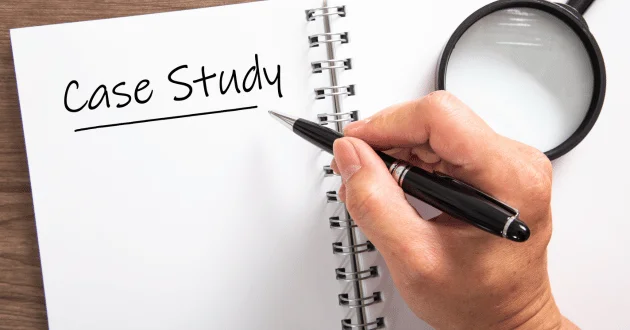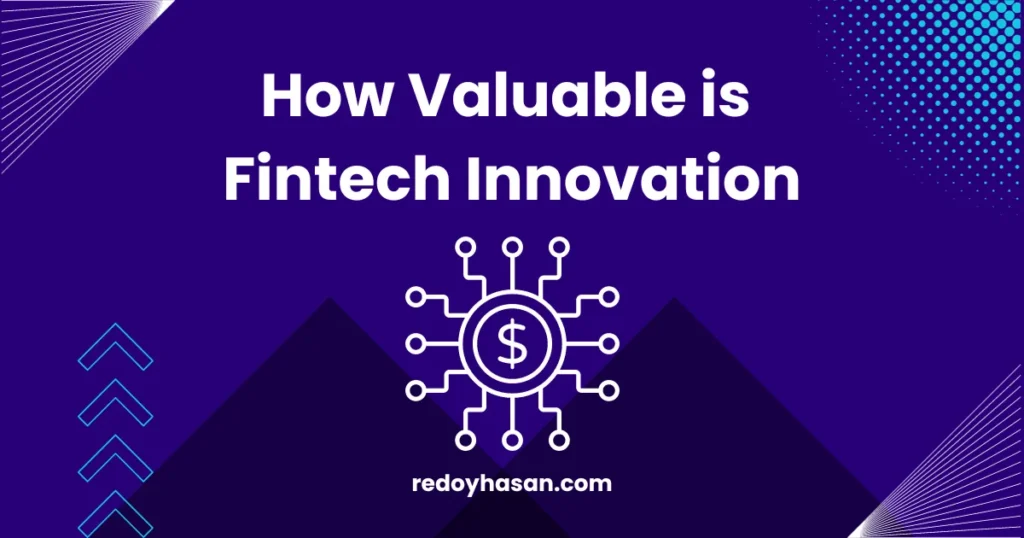
In the rapidly evolving world of finance and technology, the demand for fintech professionals is skyrocketing. As a result, the competition in the job market has become fierce, especially when it comes to landing a job in fintech. To stand out from the crowd and secure your dream job, you need to be well-prepared for the interview process.
In this blog post, we will delve into the most commonly asked fintech interview questions and provide you with comprehensive answers and insights. From technical questions to behavioral and case study scenarios, we will cover it all. By the end of this guide, you will be equipped with the knowledge and confidence to ace your fintech interview.
Understanding Fintech
Before diving into the interview questions, let’s first establish a strong foundation by understanding the basics of fintech. Fintech, short for financial technology, refers to the intersection of finance and technology. It encompasses a wide range of technological innovations that aim to improve financial services and processes. Familiarize yourself with key fintech concepts such as blockchain, artificial intelligence, machine learning, and data analytics.

Technical Questions
Fintech interviews often include technical questions to assess your understanding of financial concepts and your ability to apply them in a technological context. Here are a few commonly asked technical questions:
1. What is blockchain technology and how does it relate to fintech?
- Blockchain is a decentralized and distributed ledger technology that records transactions across multiple computers.
- In fintech, blockchain has the potential to revolutionize various sectors such as payments, supply chain finance, and identity verification.
2. Explain the concept of risk management in fintech.
- Risk management in fintech involves identifying, assessing, and mitigating potential risks associated with financial technology products or services.
- It ensures compliance with regulatory requirements and safeguards against fraud, cybersecurity threats, and operational risks.
3. How does machine learning play a role in credit scoring?
- Machine learning algorithms analyze large volumes of data to predict creditworthiness.
- By leveraging historical data and patterns, machine learning models can assess credit risk more accurately and efficiently than traditional methods.
4. What is open banking and why is it significant in fintech?
- Open banking refers to the practice of sharing customer financial data securely with third-party providers through application programming interfaces (APIs).
- It promotes competition, innovation, and customer-centric services by enabling consumers to access a broader range of financial products and services.
5. How does robo-advising work in fintech?
- Robo-advisors are digital platforms that use algorithms to provide automated investment advice based on predefined criteria and risk tolerance.
- They offer cost-effective investment solutions, broad market access, and personalized recommendations.

Behavioral Questions
Behavioral questions aim to assess your soft skills, problem-solving abilities, and how you handle different situations. Here are a few examples of behavioral questions commonly asked in fintech interviews:
1. Describe a time when you faced a challenging deadline and how you managed to meet it.
- Highlight a situation where you had to handle multiple tasks simultaneously and prioritize effectively.
- Emphasize your time management skills, ability to work under pressure, and problem-solving capabilities.
2. Tell me about a time when you disagreed with your team members’ approach on a project. How did you handle it?
- Demonstrate your ability to communicate effectively, listen to others’ perspectives, and find common ground.
- Showcase your teamwork skills by describing how you reached a consensus or compromise.
3. Describe a situation where you had to deal with an angry or dissatisfied customer. How did you resolve the issue?
- Illustrate your customer service skills by explaining how you empathized with the customer’s concerns and provided a satisfactory resolution.
- Highlight your ability to remain calm under pressure and maintain professionalism.
4. Share an example of a project where you had to navigate through ambiguity or uncertainty.
- Discuss a situation where you encountered unexpected challenges or limited information.
- Demonstrate your adaptability, proactive problem-solving skills, and ability to make informed decisions in ambiguous circumstances.
5. Tell me about a time when you took the initiative to improve a process or implement a new idea.
- Describe how you identified an opportunity for improvement, presented your idea, and successfully implemented it.
- Highlight your creativity, innovation, and ability to drive positive change.

Case Study Questions
Case study questions are designed to assess your analytical thinking, problem-solving abilities, and your understanding of real-world scenarios in fintech. Here are a few examples:
1. You have been given access to a massive dataset of customer transaction records. How would you leverage this data to identify potential fraud patterns?
- Explain how you would use data analytics techniques such as anomaly detection algorithms or clustering algorithms to identify abnormal transaction patterns.
- Emphasize the importance of data visualization for spotting trends or patterns that indicate fraudulent activities.
2. A company wants to implement blockchain technology for its supply chain management. Outline the key steps you would take to ensure a successful implementation.
- Start by understanding the company’s specific requirements and pain points in their supply chain management.
- Discuss the importance of conducting a feasibility study, selecting an appropriate blockchain platform, considering security measures, and addressing scalability issues.
3. Imagine you are tasked with designing an AI-powered chatbot for a financial institution’s customer support. How would you approach this project?
- Outline the key steps involved in developing an AI chatbot, such as defining its purpose, identifying customer needs, designing conversational flows, and integrating natural language processing capabilities.
- Discuss the importance of continuous improvement through user feedback and iterative development.
Conclusion
Preparing for a fintech interview requires a combination of technical knowledge, soft skills, and problem-solving abilities. By familiarizing yourself with the questions outlined in this guide and practicing your responses, you will be better equipped to impress interviewers and increase your chances of securing a job in the exciting world of fintech. Remember to stay confident, be yourself, and showcase your passion for finance and technology. Good luck!


